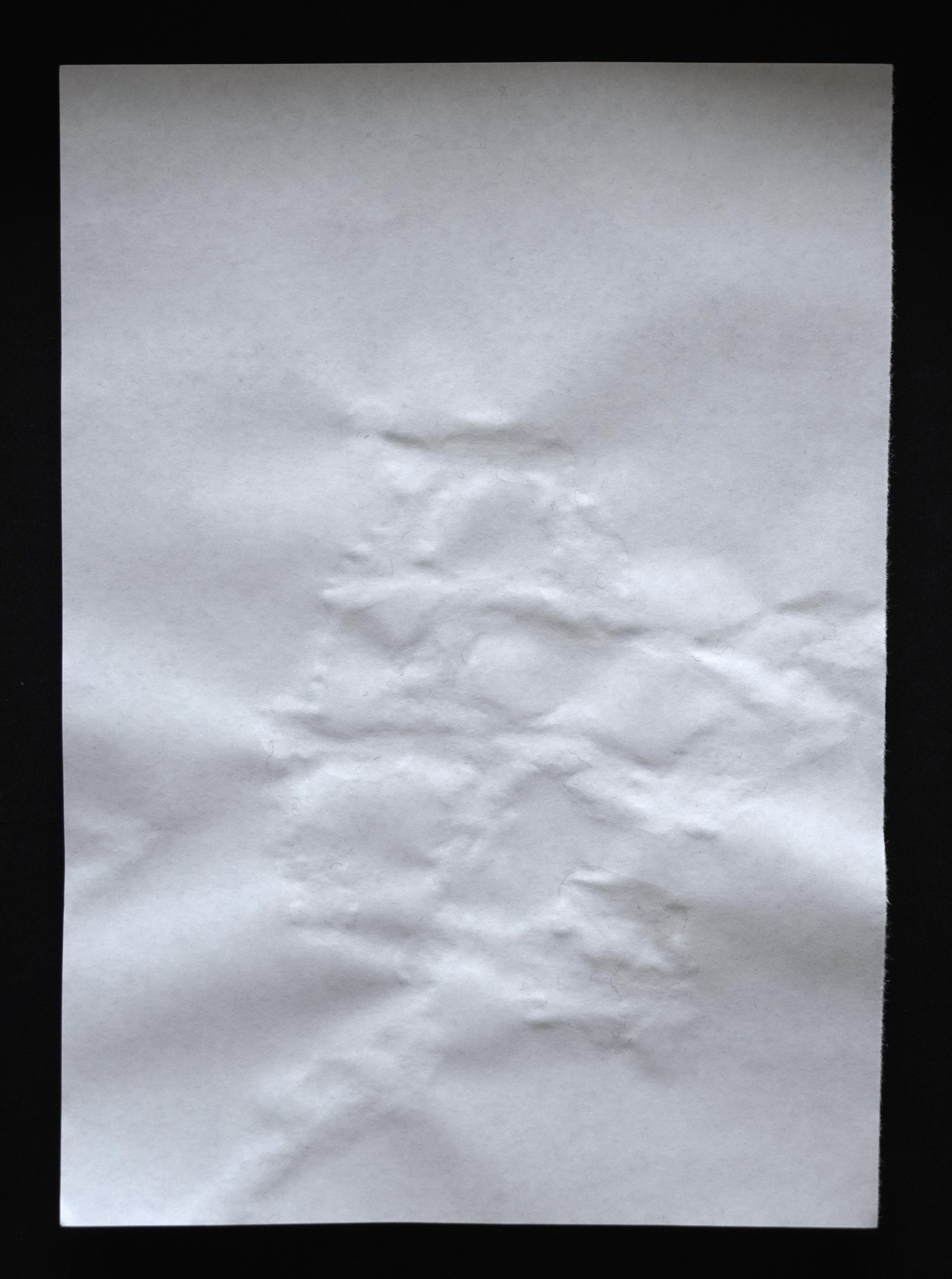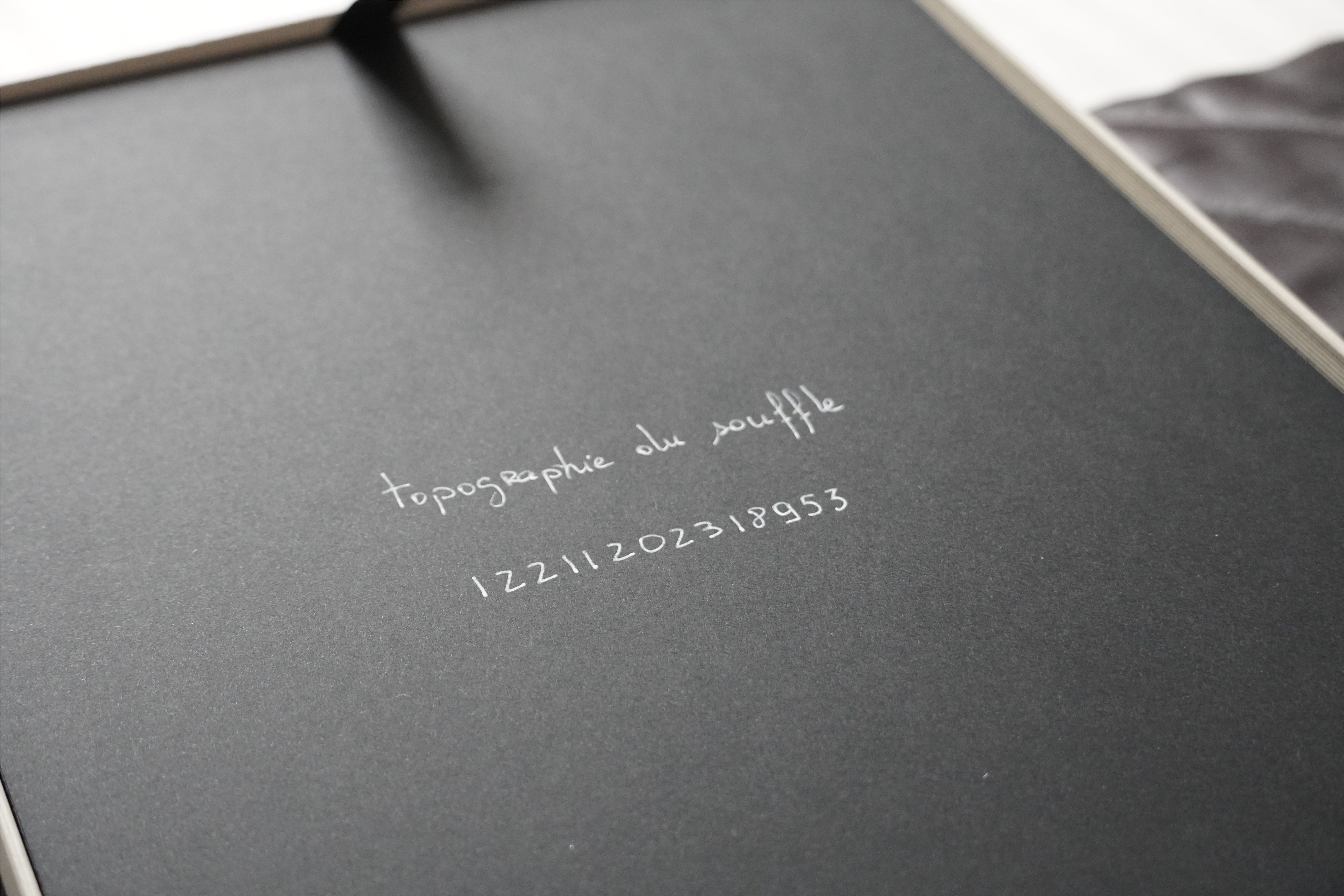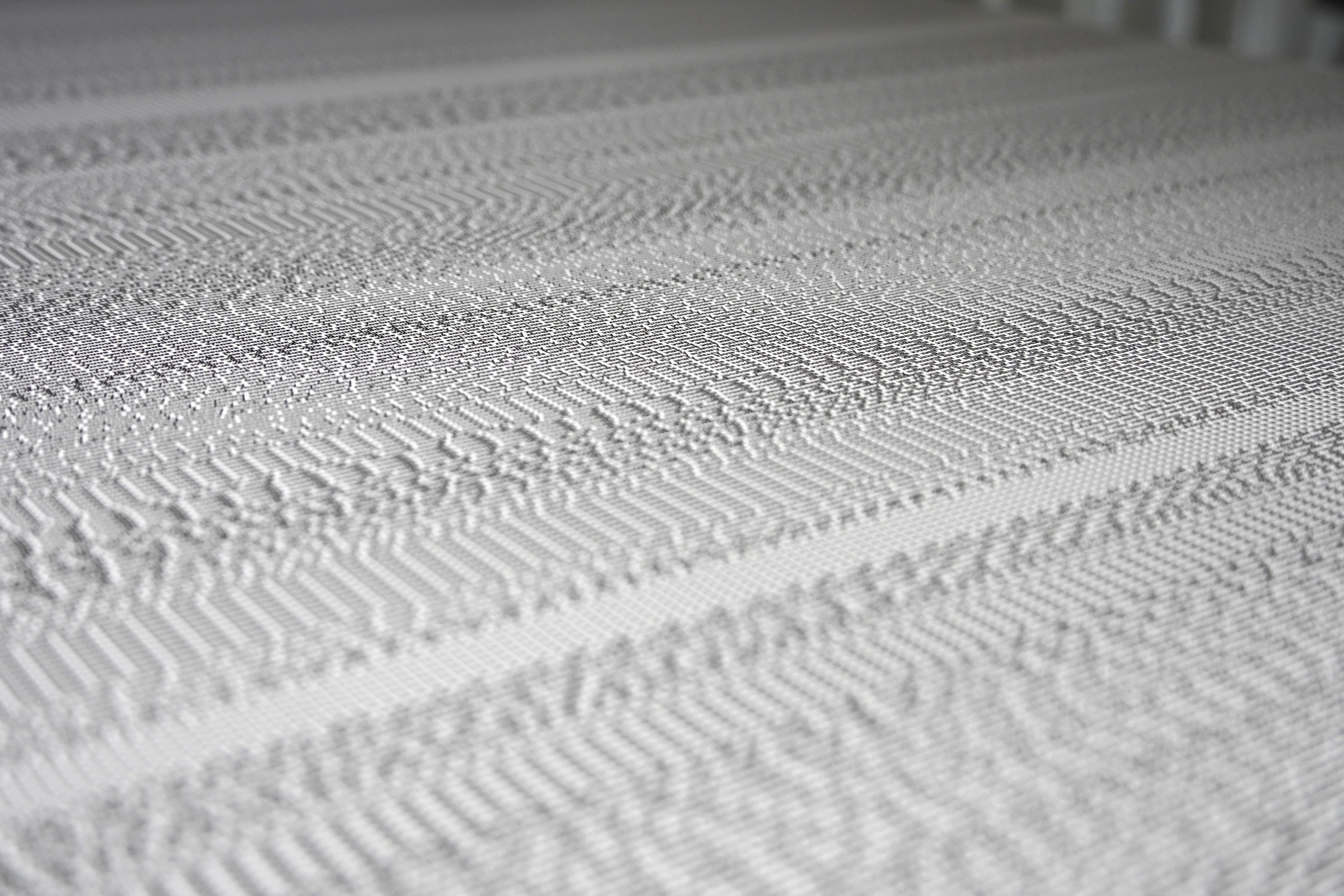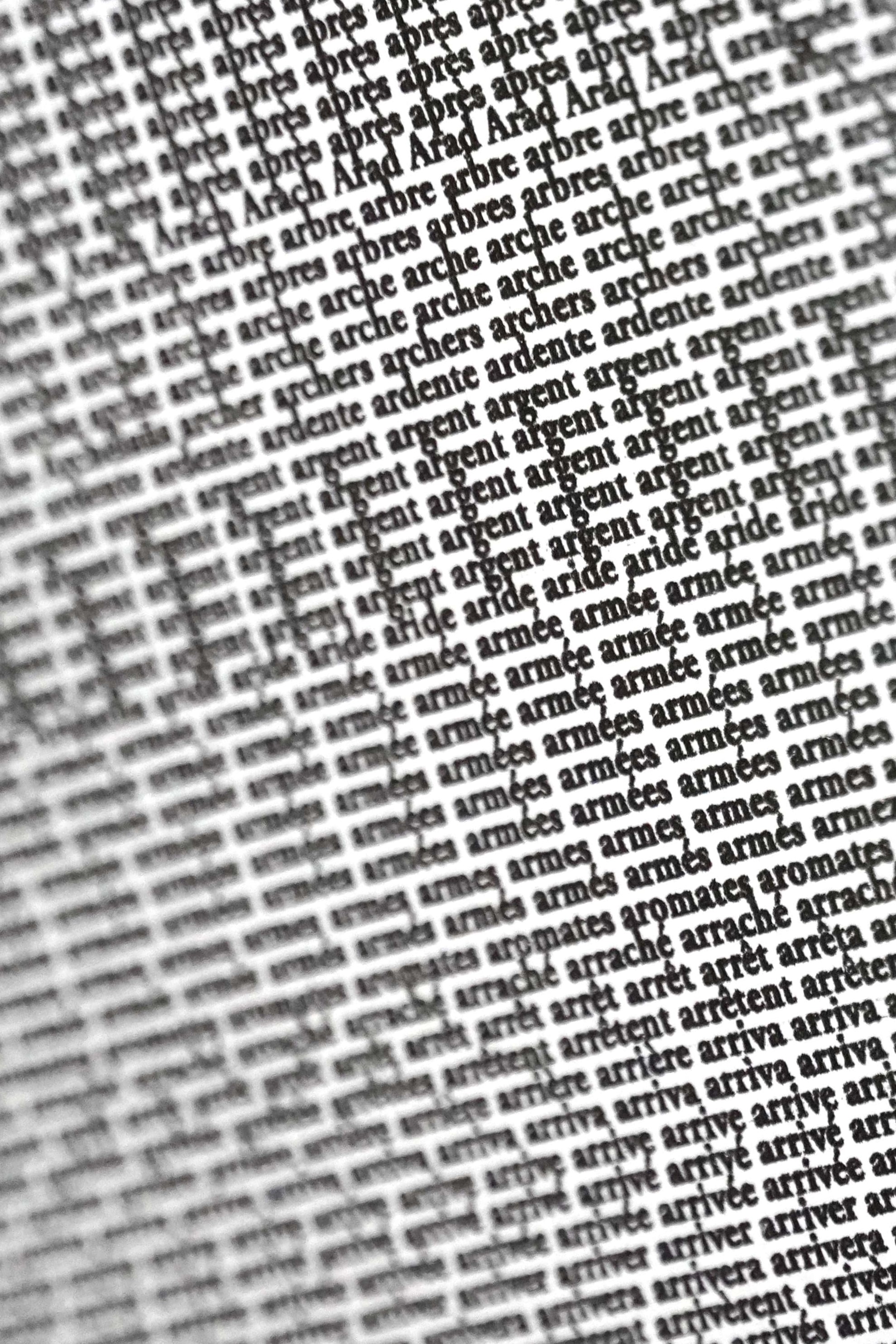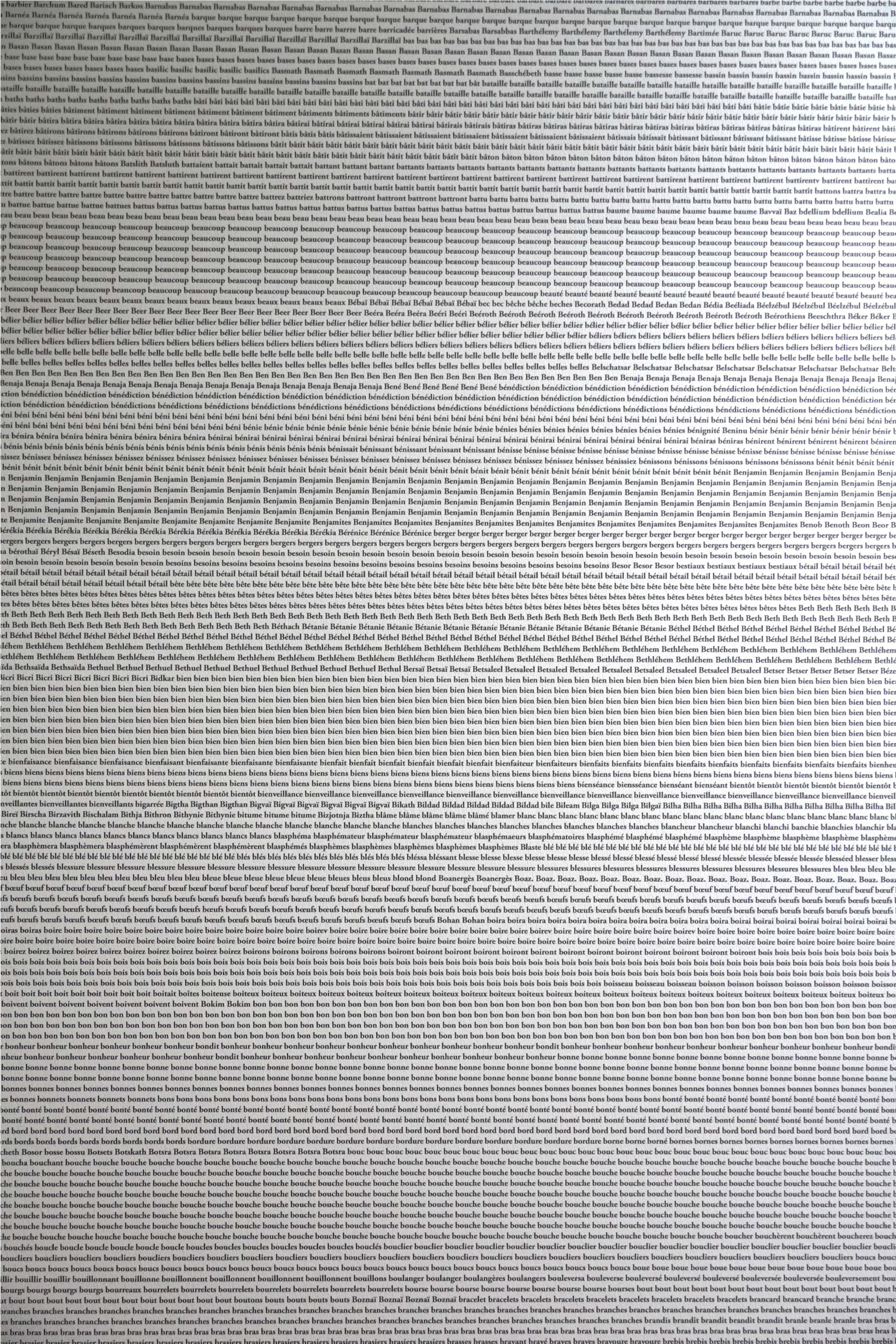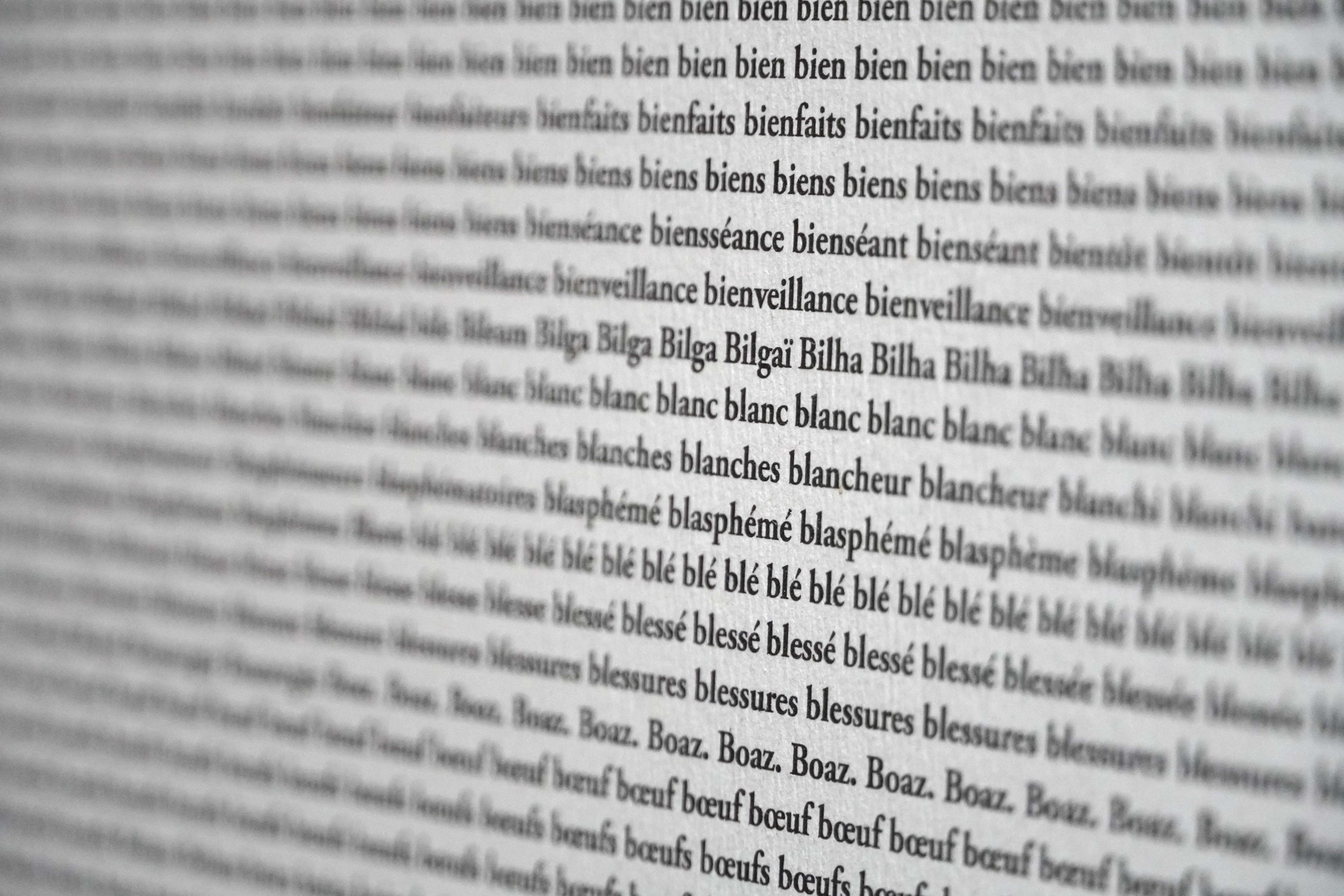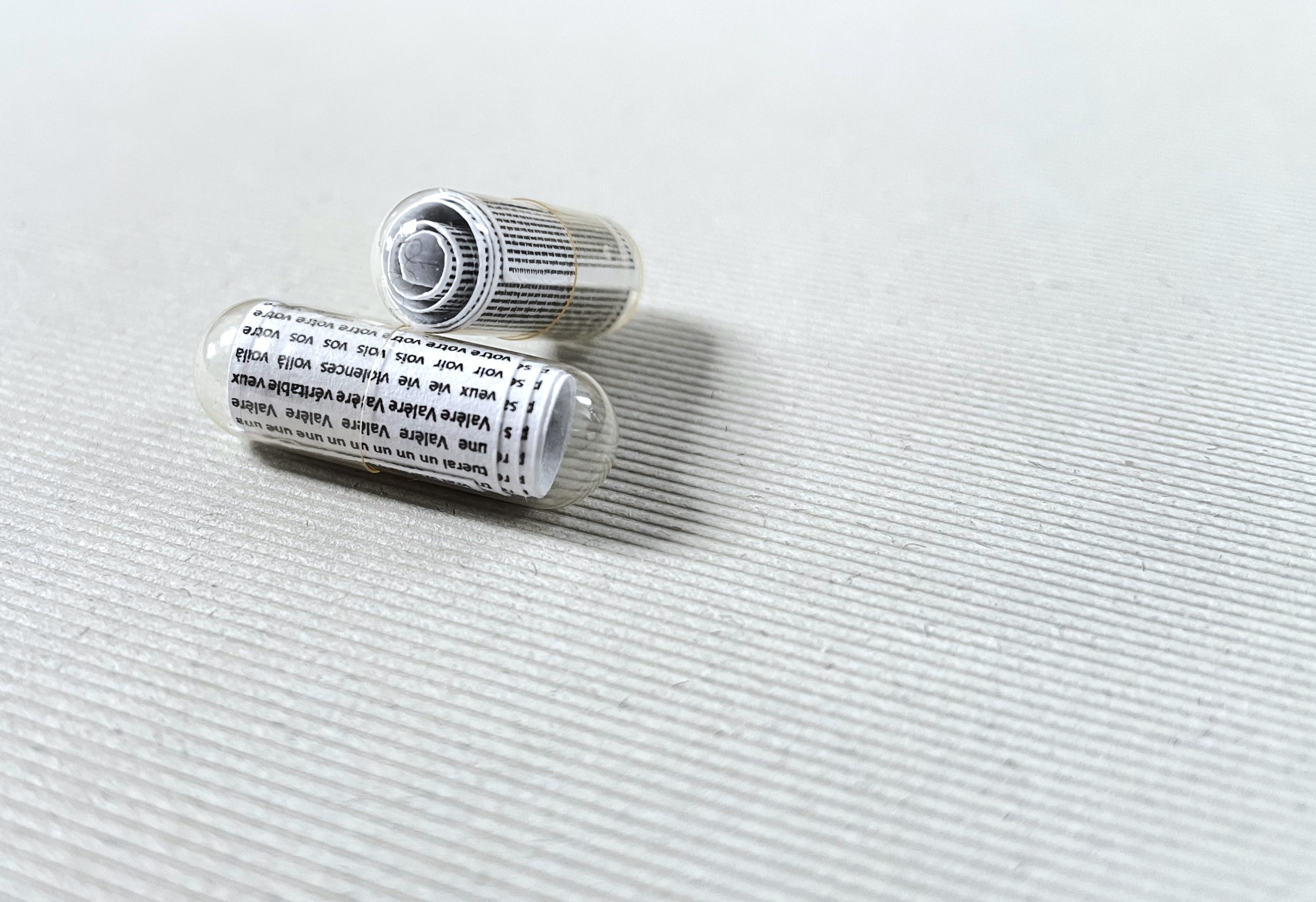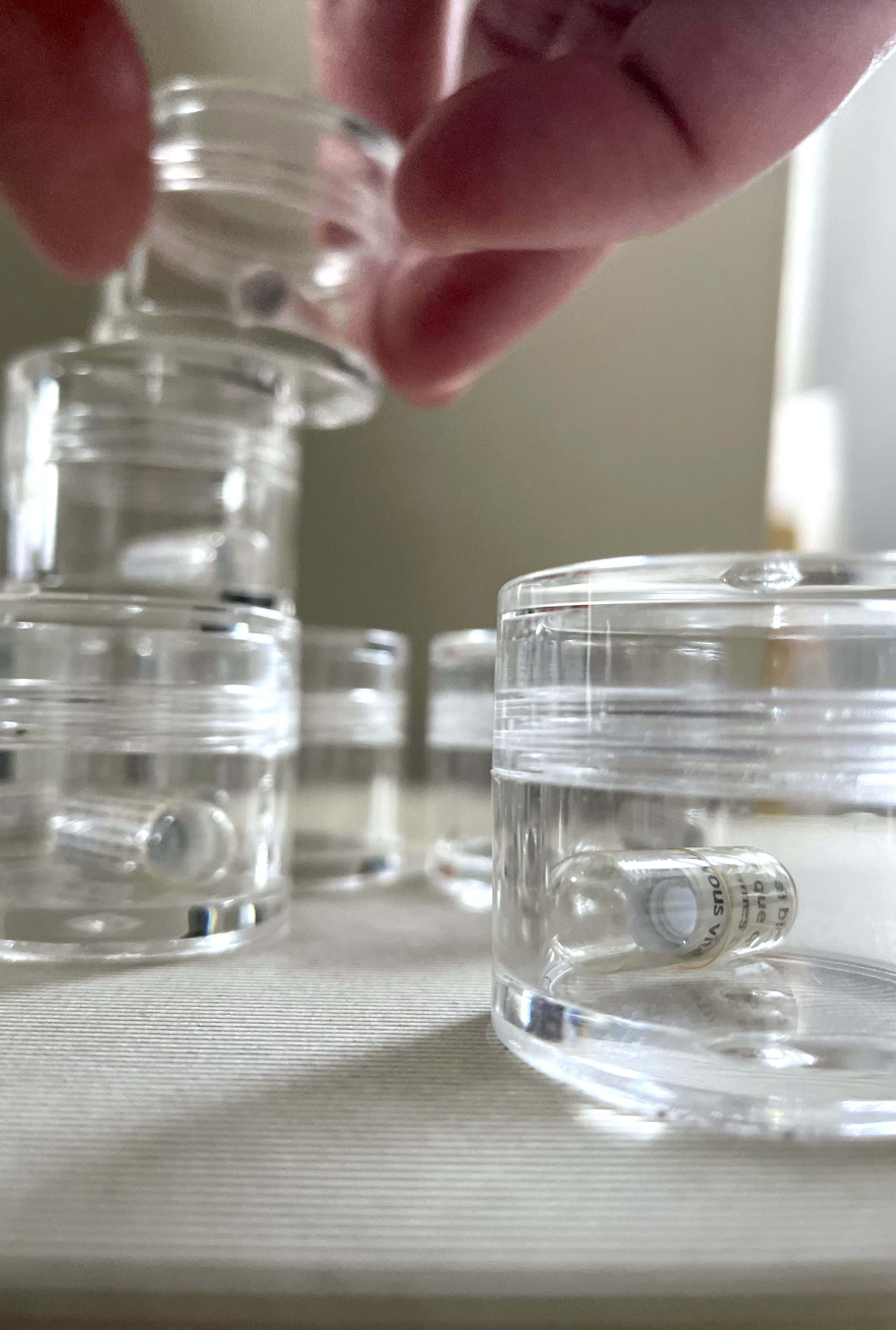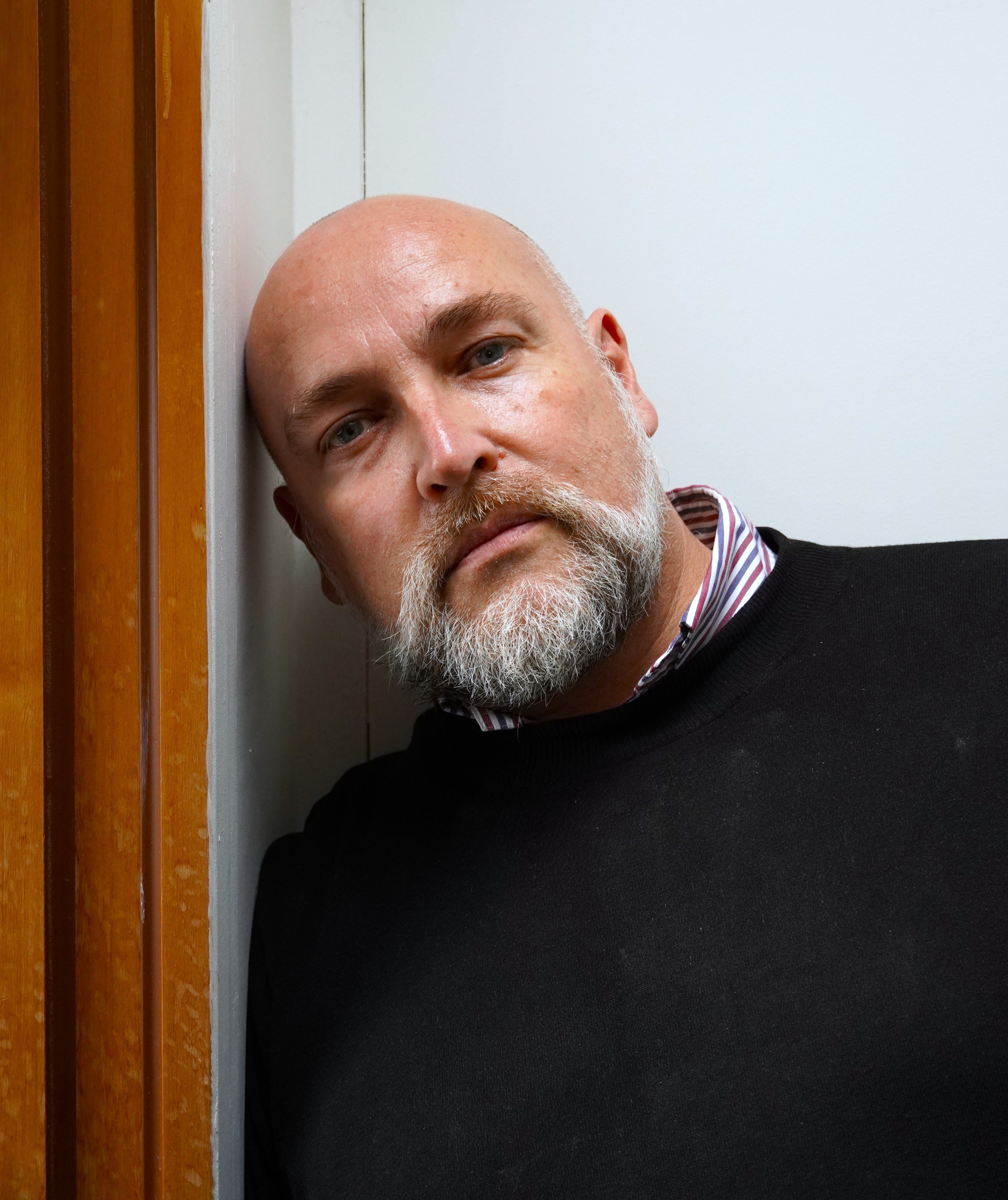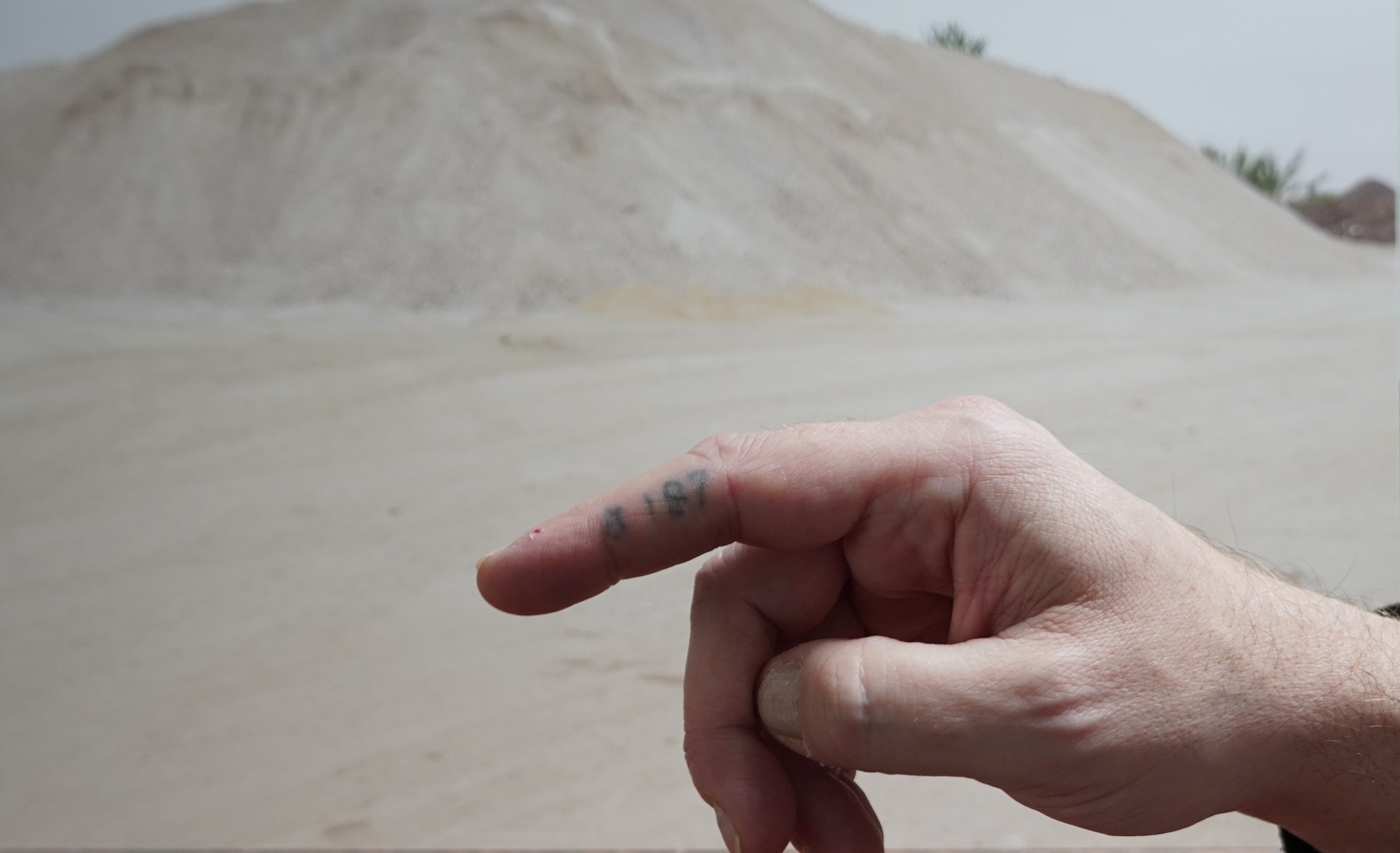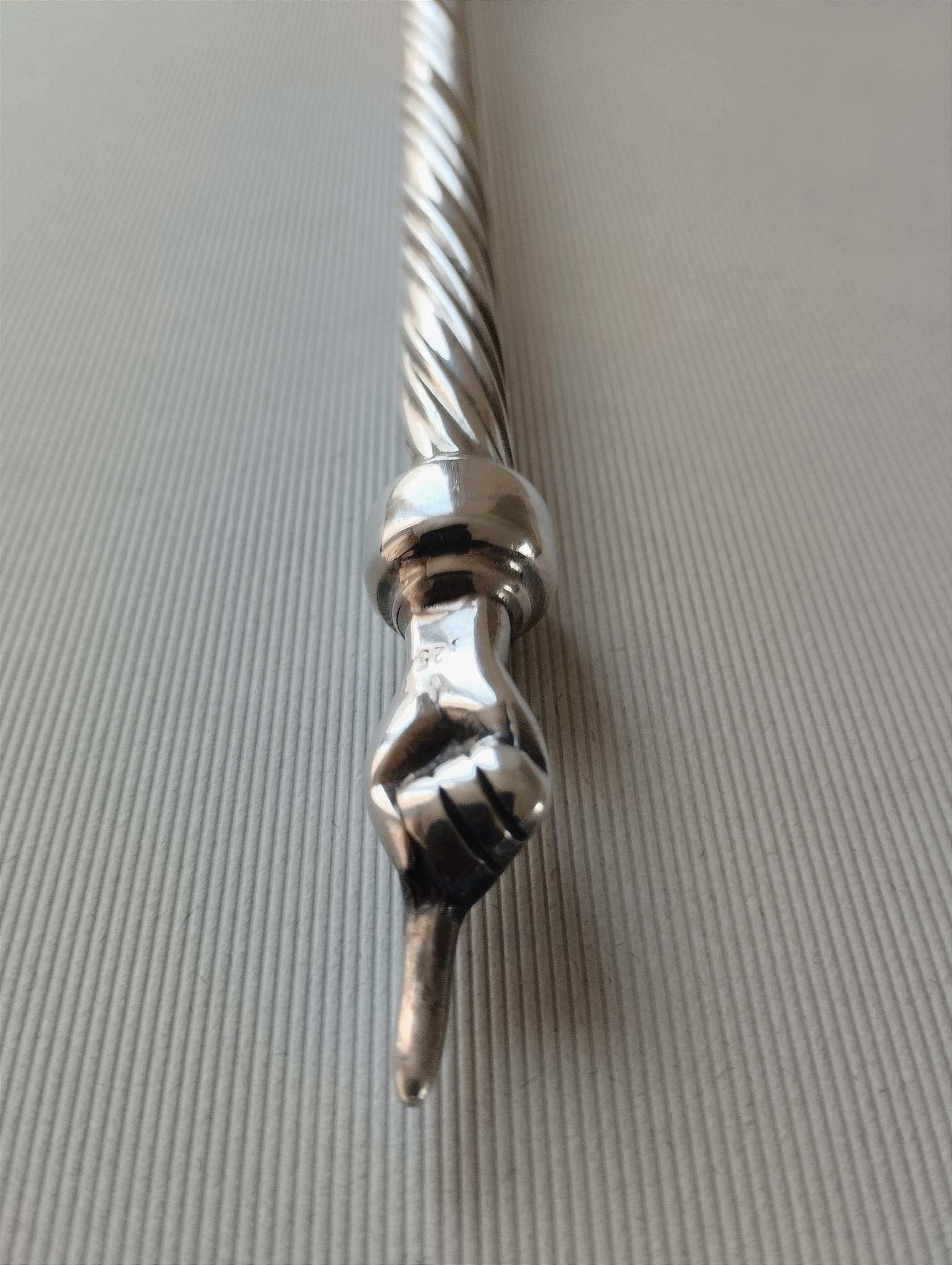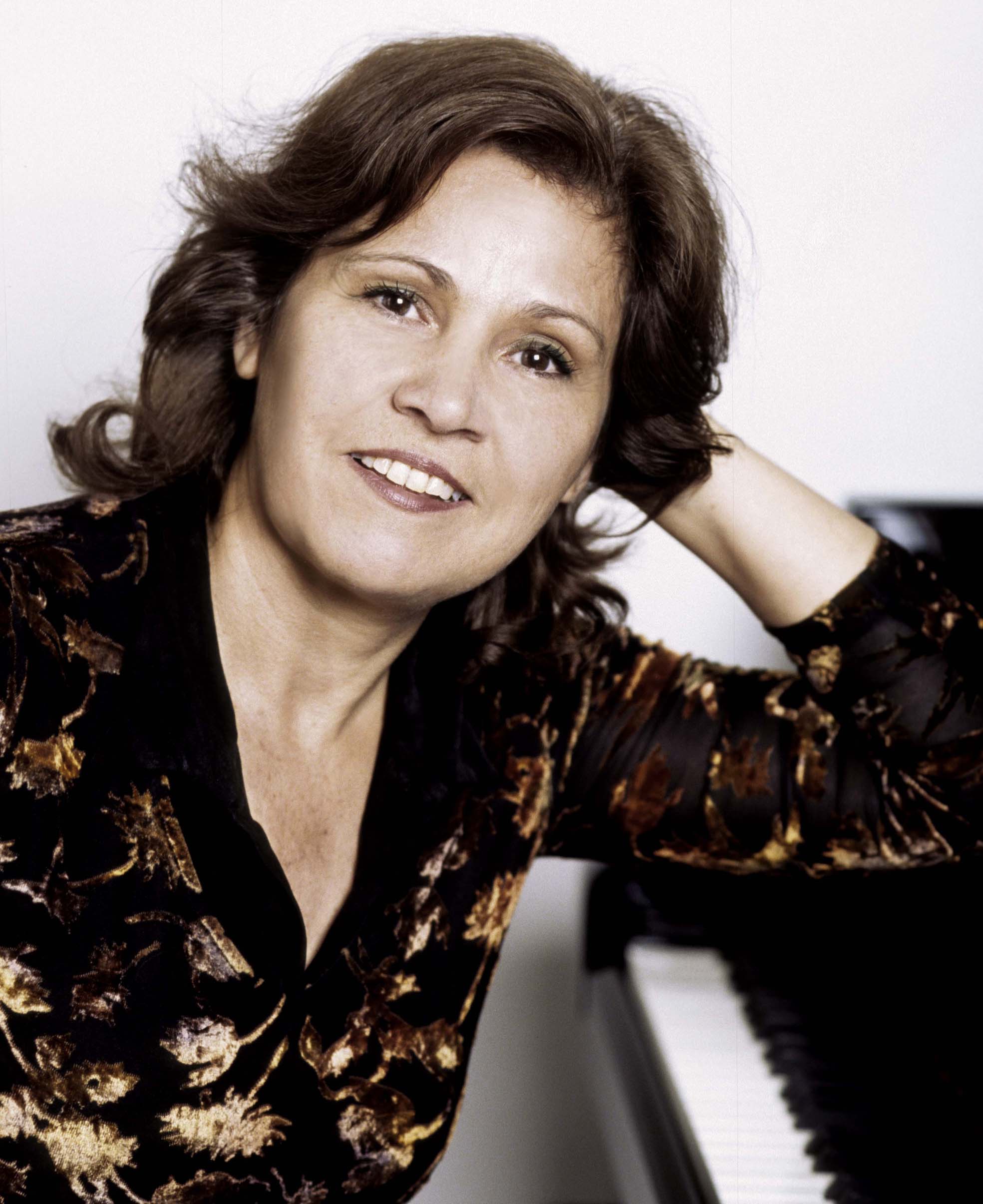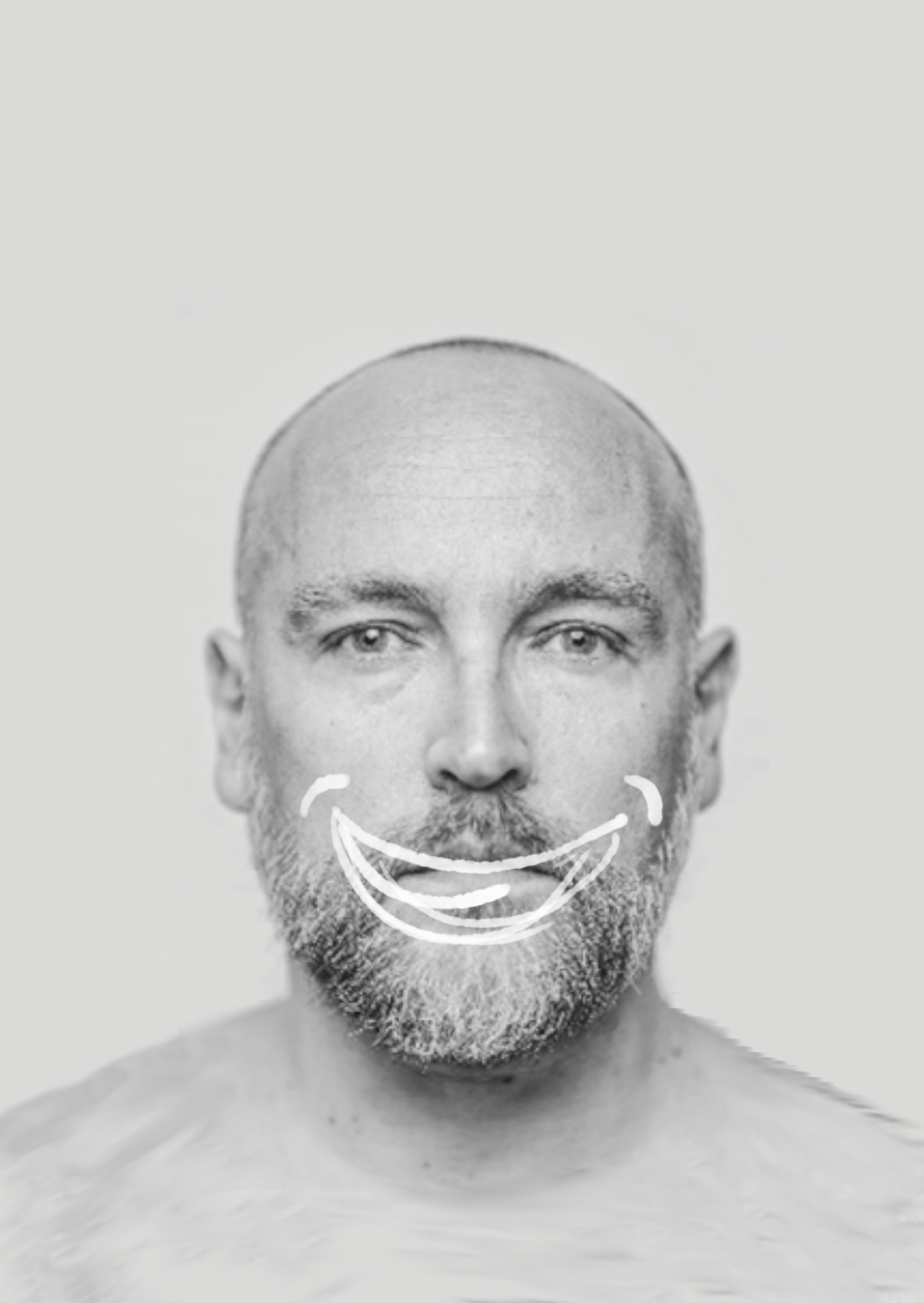
Born in 1971, Franck MAS is an interior designer and graduate of the Ecole Nationale Supérieure des Arts Appliqués et des Métiers d’Art. He also studied art history at the Ecole Nationale des Arts Décoratifs and philosophy at Tolbiac.
His first three stagings were contemporary operas that he created in San Francisco, ‘Without ourselves’ by Emmanuel Déruty, ‘Le terrain vague’ by Benjamin Hamon, and as assistant director of ‘Bonjour Monsieur Gauguin’ by composer Fabrizio Carlone in Venice. He also designed sets for choreographer Philippe Cohen, former director of the Geneva Opera Ballet, at the Tbilisi National Opera in Georgia. He then founded his own company and created a dozen plays, writing, directing and designing them in a spirit of interdisciplinarity between theatre, the visual arts and sound.
In 2011, he co-founded the contemporary art venue La Tannerie, in Brittany’s Côtes d’Amor region, and has curated some fifteen thematic or monographic exhibitions. He is also involved in research and transmission. From 2018 to 2023, has collaborated with composer Colin Roche in a programme to support research and creation by sound artists, performers, composers and sound designers: The Bloom Project.
Since 2016 he has been developing a fundamental plastic and performative research about the ways in which dramatic texts are interpreted, entitled Le degré zéro du théâtre (‘Ground zero in theatre’). Strongly influenced by the thinking of stage director Claude Régy and translator Henri Meschonnic, Franck strives to give words dimensions that the stage does not allow. Working on Molière’s repertoire, he also finds in biblical texts the foundations of principles of interpretation whose plastic possibilities he explores. His research is structured around three major cycles: the sign cycle, the breath cycle and the sediment cycle. Franck Mas strives to match medium and concept, working with confetti, canvas or printed paper, perfume-making process, performance art, to the point of literally extracting sediment from words. Marked by a strong relationship with time, Franck Mas also illustrates himself in gestures of great simplicity, such as writing or reading, which he repeated throughout his life as a marker of his own lifespan.
Deepening his plastic approach to theatre, he has in particular seized alphabetical order as a way of organising and staging words. For 7 years he has been working on putting The Jerusalem Bible in French in alphabetical order. His work is akin to that of a craftsman or copyist and includes a series of so-called alphabetic monochromes in which the word is transformed into a unit of black variation. Continuing his research, he is now exploring breath, turning it into an artistic gesture of its own.
While his theatrical works and his various collaborations, such as with the visual artist Jean-Luc Verna and the choreographer Olivier Dubois, have taken him to national theatres, the Centre George Pompidou, the Musée d’art moderne de la ville de Strasbourg, festivals and theatres, his work from Degré zéro du théâtre has been exhibited in art centres, contemporary art biennials and group shows in France and Brazil, and has entered various private collections.
